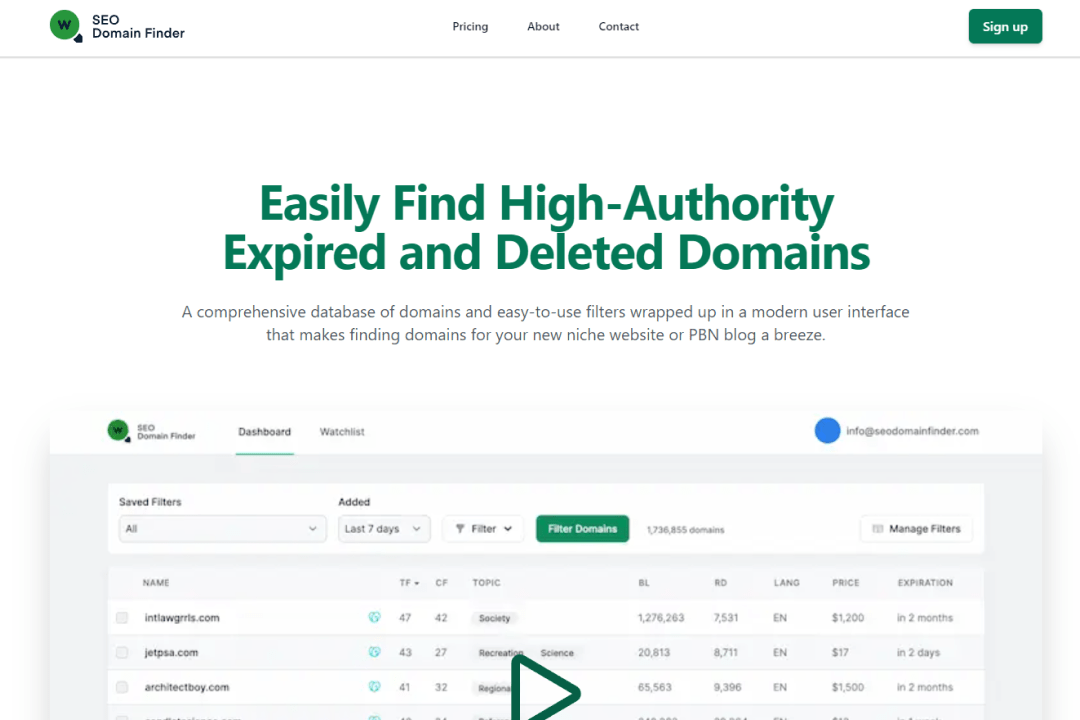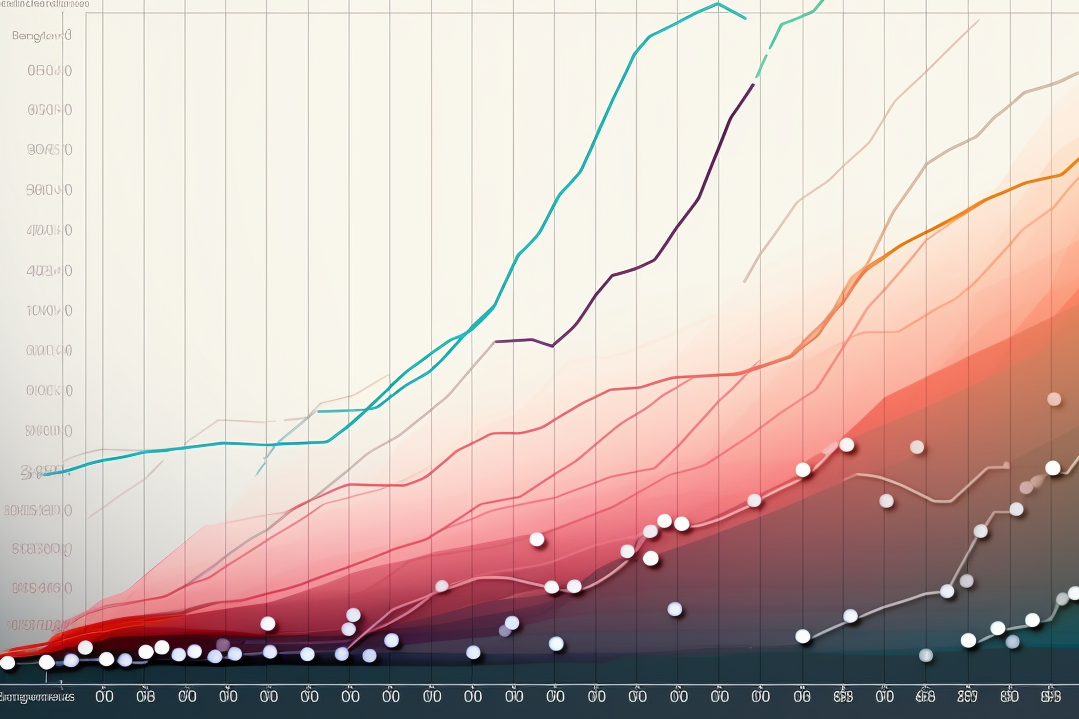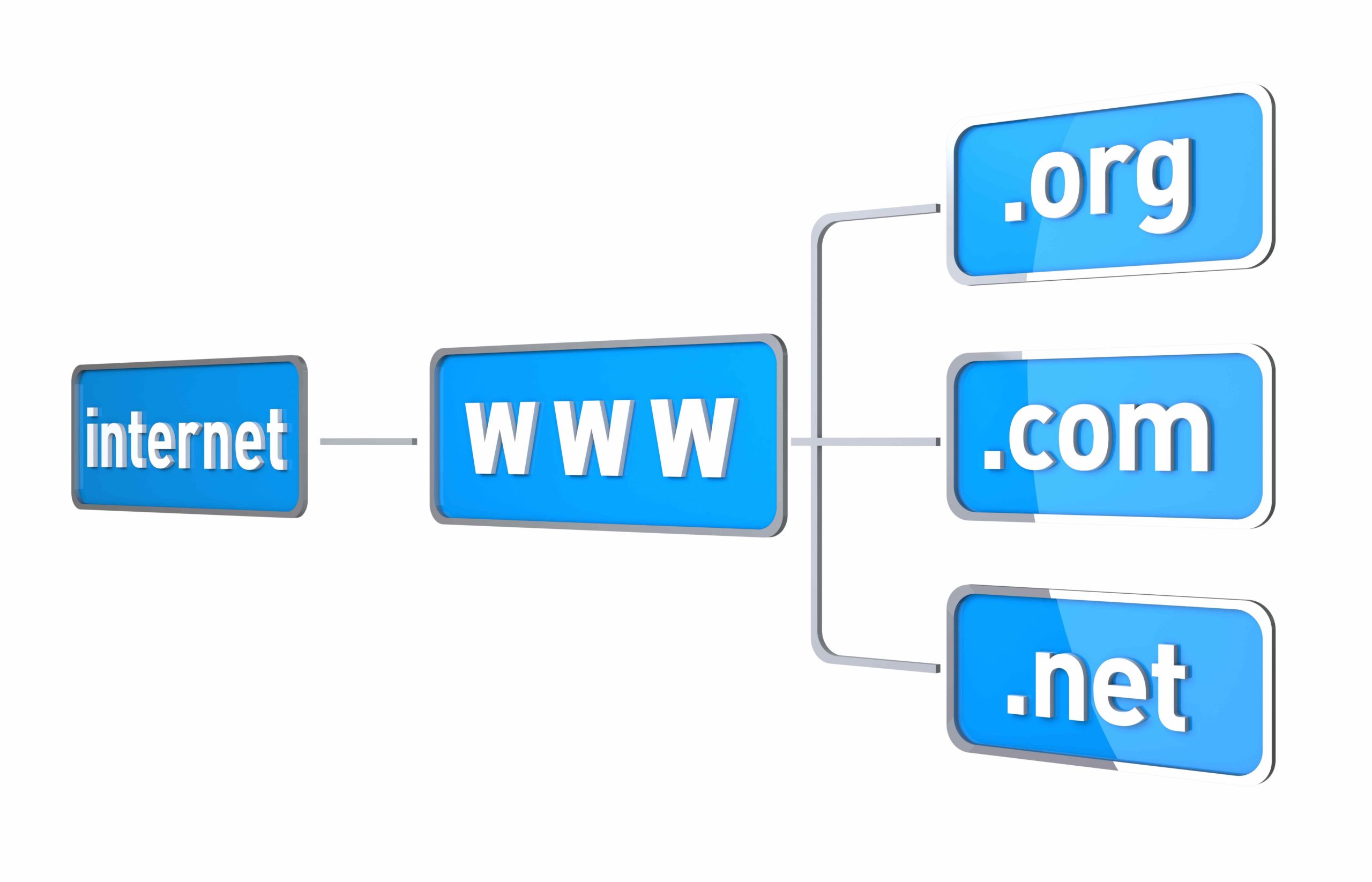
Having the perfect domain name is crucial in achieving a strong online presence. However, getting the exact domain name you want is often difficult because the choices of desirable names are limited.
That’s where “Domain Backorder” comes into play. It’s a service that allows you to get an expired domain when it becomes available for registration.
In this article, you’ll discover what exactly domain backorder is and how it can help you secure the domain you desire.
Key Takeaways:
- A domain backorder is a service that helps you attempt to get a domain the moment it becomes available for registration.
- The backorder service does not necessarily guarantee registration of the domain name you want.
- Multiple parties can backorder the same domain, leading to potential auctions. In this bidding process, the domain goes to the highest bidder, not necessarily the one who placed the initial backorder.
- Keep in mind that the initial domain owner might renew the domain at the last moment, or legal restrictions could block the transfer. In these situations, whether your backorder fee is refunded depends on the terms and conditions of the service you use.
- Some popular companies that provide backorder services are GoDaddy, DropCatch, NameJet, SnapNames, and DomainMonster.
What is a Domain Backorder?
A domain backorder is a service that helps you attempt to get a domain the moment it becomes available for registration. Consider backordering as reserving a domain – you add your name to a list, and when the domain expires, you’ll have the opportunity to register it before others.
However, purchasing a backorder does not necessarily guarantee registration of the domain name you want.
Multiple parties can backorder the same domain, especially for highly desirable or premium domain names, leading to intensified competition and potential auctions.
In this bidding process, the domain goes to the highest bidder, not necessarily the one who placed the initial backorder.
While this gives you a chance to outbid others by investing more, it also means you might end up paying more than originally intended.
Some people even use multiple services to backorder the same domain, aiming to improve their chances of getting it.
Although domain backordering services are advanced, they are not foolproof. The initial domain owner might renew the domain at the last moment, or legal restrictions could block the transfer. In these situations, whether your backorder fee is refunded depends on the terms and conditions of the service you use.
Learn what ‘domain expired but not available’ means in this article: https://quirk.biz/what-domain-expired-but-not-available-means/
How To Use a Domain Backorder?
To use a backorder service for a domain, you can follow these general steps:
- Research and Select a Backorder Service: Identify the domain name you want to backorder, then choose a backorder service. This can be a specialized domain backordering service or a domain registrar offering this feature.
- Place Your Backorder: Once you have chosen the domain you want to backorder, you can place the backorder through the provider’s website or platform. This typically involves creating an account with the provider and following their specific instructions.
- Monitor and Capture: The chosen backorder service will monitor the domain, attempting to register it as soon as it becomes available. Some services use high-speed automated systems to enhance the chances of successful capture.
- Acquisition or Auction: If the backorder is successful, you typically have the option to acquire the domain for a predetermined fee. However, in cases where multiple parties have backordered the same domain, it may go to auction.
It’s important to note that different providers may have variations in their backorder services, so it’s advisable to review the specific instructions and terms provided by your chosen service.
Popular Domain Backorder Services
Some of the most popular and reputable companies that provide backorder services are:
- GoDaddy: GoDaddy.com is widely considered the most popular and renowned web domain registrar. The process of backordering domains on GoDaddy is quick and straightforward. The domain backorders cost $24.98 each (price subject to change), covering registration expenses. This includes complimentary daily domain monitoring and up to one year of free membership. GoDaddy supports all types of domains, including .com and .biz.
- DropCatch: Founded in 2008, DropCatch has used its drop-catching technology to secure over a million backordered domain names for users. You can place backorders through DropCatch for free and be charged only when the desired domain is successfully secured.
- NameJet: NameJet is among the top three widely recognized web domain registrars. Users can add their preferred domain names to a personal backorder list on NameJet, and the platform takes care of tasks like daily monitoring. Users also receive personalized alerts when a desired domain name is about to become available.
- SnapNames: SnapNames’ domain backordering service provides customers with access to global domain marketplaces. It simplifies domain monitoring with various search functions and alerts. Users receive notifications if a domain they’re interested in is expected to expire and become available within 30 days. Customers only pay when their backordered domain is successfully secured. They also gain access to premium domain auctions for backordered domains.
- DomainMonster: Placing backorders through DomainMonster is free, with only minor registration fees. The service handles only one backorder per domain and doesn’t auction them; instead, it focuses on securing the domain exclusively for the user. To start monitoring a chosen domain, users can search for it on the website and, if unavailable, click the “Back Order” link. As soon as the backordered domain expires and becomes available, DomainMonster captures and registers it promptly under the user’s name.
Frequently Asked Questions
Are There Any Risks Associated With Backordering a Domain?
Yes. Backordering a domain comes with uncertainties, as success isn’t guaranteed, and competing backorders might result in auctions. Moreover, costs, fees, and limited refund policies add to the complexity. Careful research and choosing a reputable backorder service are crucial for navigating these risks effectively.
If you want to know how much a domain name can cost, you should read this article.
Are There Any Restrictions on the Type of Domains That Can Be Backordered?
Yes, there can be restrictions on the types of domains that can be backordered, and these restrictions may vary depending on the domain registrar or backorder service. For example, domains with extensions not supported by the backorder service may not be available for backorder.
Also, before March 2009, only one backorder per domain was allowed. If a domain had a backorder effective before March 2009, no other backorder could be placed on the same domain as long as the original backorder remained.
Can I Backorder Multiple Domains at Once?
Yes, it is possible to backorder multiple domains at once. Most domain backorder services allow users to place backorders on multiple domains simultaneously, as long as they meet the eligibility criteria for backordering.
However, it’s important to note that placing multiple backorders does not guarantee that any of the domains will be successfully acquired. It’s advisable to prioritize the domains you want to backorder and consider using multiple backorder services to increase your chances of acquiring a desired domain.
Conclusion
While backordering a domain name is a strategic way to secure a preferred online address, it comes with uncertainties and considerations. Success is not guaranteed, and challenges like competing backorders and associated costs should be carefully considered. Choosing a reputable service, researching the desired domain, and understanding the specific policies are crucial steps. Backordering can be valuable, but users should approach it with a clear understanding of the risks and a well-informed strategy for a better chance of success.











































































































